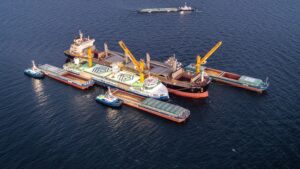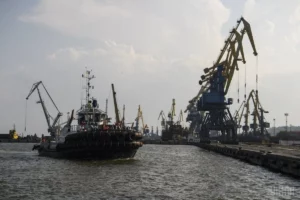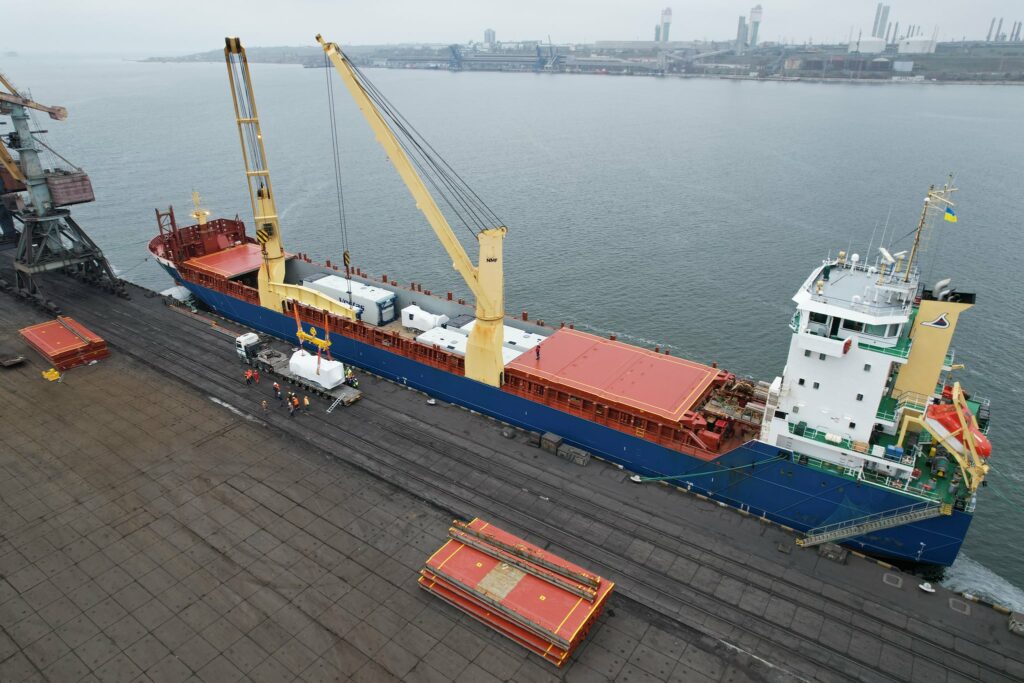“Automation and speed are the only things you can bet on.” Interview with Mariia Solianik
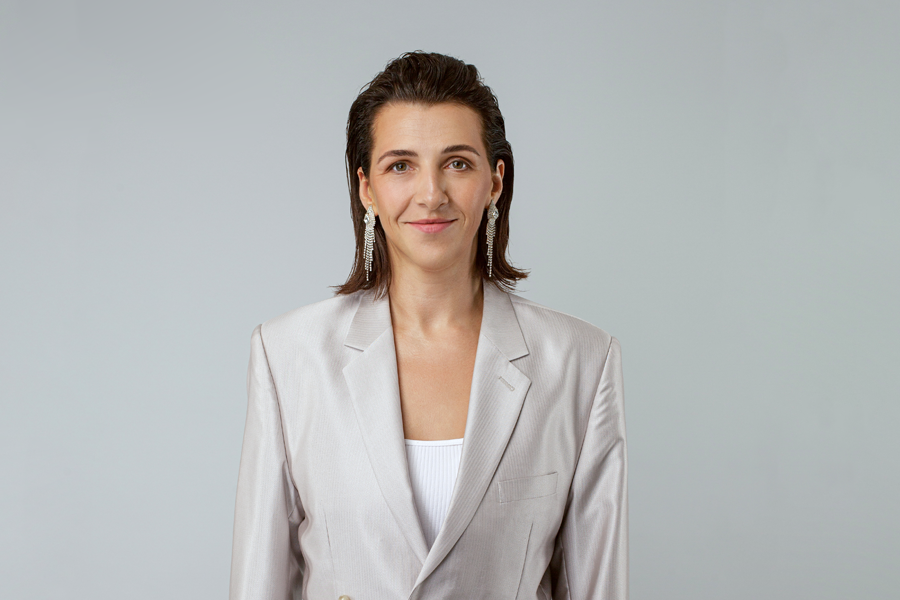
Is it difficult to digitize shipping? Is it possible to take logistics out of the influence of the human factor? About this and not only – USM spoke with Mariia Solianik, co-founder of the Amadeus Marine logistics company and the Lunar Light digital platform.
Tell our readers about the project you are currently working on.
We are launching a startup Lunar Light. It is a digital platform based on AML technology for railway specialists. In Ukraine, as in many countries of the world, railways are a monopoly. Accordingly, all data related to the tracking of wagons and other similar information is collected and distributed to market participants in a monopolized manner. It means, the railway itself does it.
All this data volume is stored in excel-table format. They are not accumulated and analyzed anywhere. I have been in the railway industry for 18 years and have been working with this tracking data all this time. And for me this has always been a big problem – the inability to track old indicators. The data is not structured, and over time, information can simply get lost. And how, in this respect, the wagon owner can analyze the data of equipment operation, for example?
Experts who work with this data constantly understand this information on an intuitive level. And our solution completely removes this format of work. Lunar Light can process any amount of data, structure it, “clean it up” and organize it for analysis.
A trivial example: remember how Google Maps appeared. Every taxi driver was sure that he knew the route better than the program. He has some intuitive knowledge, assumptions about the construction of the route. But he doesn’t fully understand how Google Maps works. And only the practice of using them clearly showed what is the difference between intuitive selection and a whole array of data. Therefore, I suppose Lunar Light is now at the “acquaintance” stage, and our task is to demonstrate this difference between the analysis “by instinct” and the actual processing of information.
Does Lunar Light have a “big target”? What is the first achievement you are heading for?
The first and most important thing for any startup is Product-Market Fit (one of the main indicators of a startup’s success – ed.). To what extent is our product in demand on the market? How ready is the market for the product?
Already when testing the product, we encountered a number of difficulties. Tracking experts don’t see much value in it, mainly because it virtually replaces them.
In other words, do you have to prove that Lunar Light can now help the market?
Let’s imagine a parallel universe in which innovators come to your editorial office and say: “We will now launch a neural network with you, which will create texts.” It turns out that a human author is no longer required in this system. Will journalists be happy with such an innovation?
We are in about the same state. Now we are trying to address not local people, but directly to entrepreneurs. From a business point of view, we replace human work with a product. Instead of a person opening tables every day and manually selecting data, we propose to automate this process.
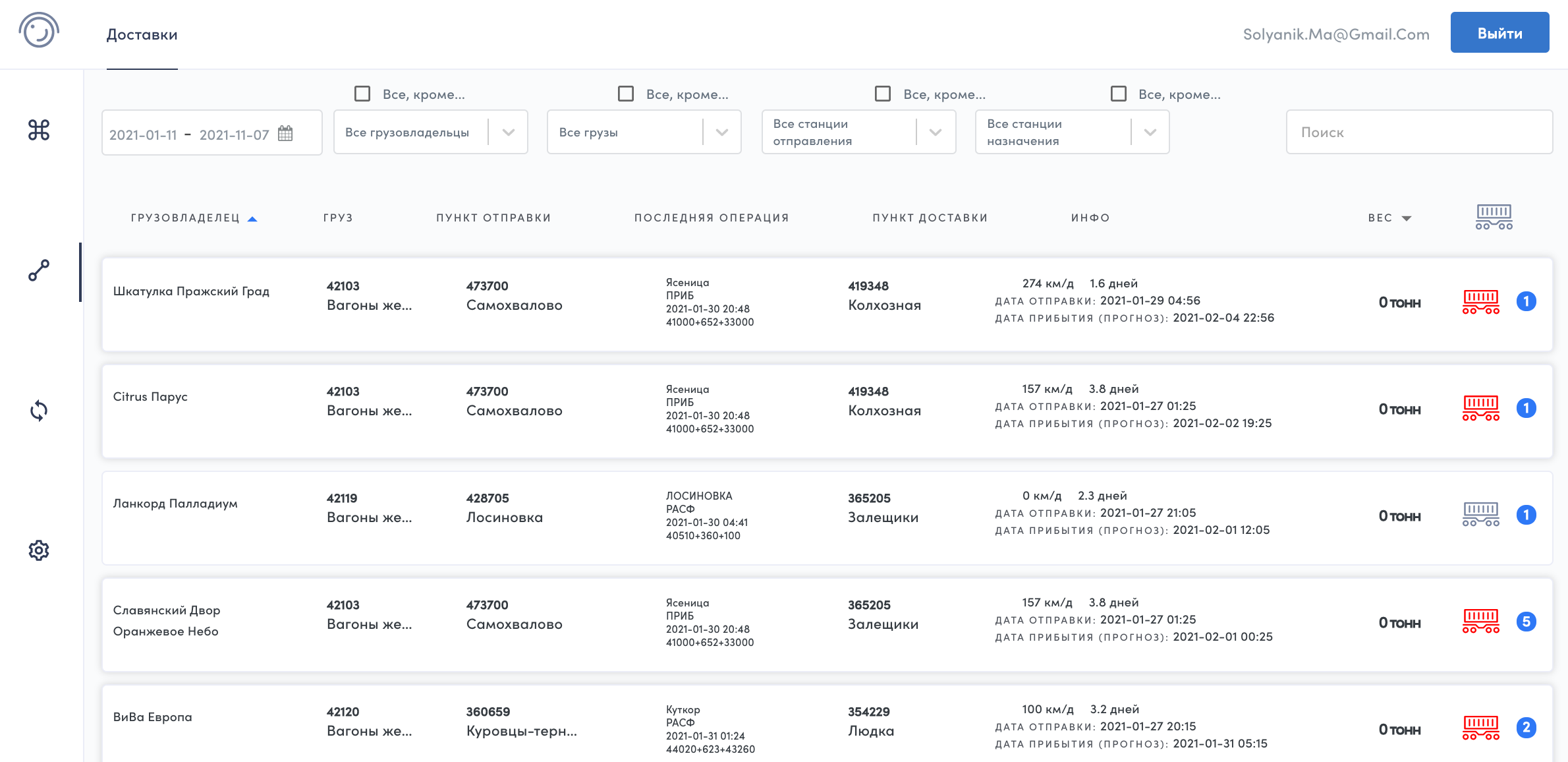
The main thing is to show our overarching goal. That there is an opportunity to remove the human factor, which, as statistics show, always leads to mistakes.
In addition, we can significantly speed up the processing of information. Today, a person spends, let’s say, several hours to work with a volume of data. We offer access to data at any convenient time, while the information is correctly stored and correctly interpreted.
We are now discussing your startup in the field of rail transportation. Can a similar solution be implemented in the shipping industry?
The following question has been raised recently. A German shipowner contacted us. They have about 20 vessels. As a result of the negotiations, it became clear that the ship owners themselves cannot formulate what exactly they want from our product. Although this system can 100% help solve many problems for them.
The main issue for the shipowner is costs. Fuel costs, salaries, inventory, and so on. And systems such as Lunar Light can be of great help precisely in the aspect of fuel consumption analysis, path analysis and optimization.
Each captain has a cost reduction KPI. Some do this because they really support the interests of the shipowner, others – to sell the saved fuel. And our system immediately detects errors, of course, in favor of the shipowner.
The second, where Lunar Light could be useful in shipping, is to analyze the efficiency of a vessel, following the example of the efficiency of using a wagon in rail transport.
Let me explain more specifically with our example. Our company has owned wagons for 10 years. And all this time we collect information and analyze the workload. It is very easy to find out if a wagon was once loaded more than 65% per year. If there was at least one fact of loading at 80%, then we can strive for this indicator and achieve it again. Because we see that this is real, that it has already happened. What do we need to do for this? Assess what factors influenced this and find out what we can change. We make a forecast. And the shipowner can make a forecast regarding the use of his vehicle.
In general, our product can be geared for any kind of logistics. You just need to build logic and be able to accumulate data.
Do you think such a product will be interesting for the Ukrainian shipping industry? And is the industry ready for automation now?
If the logistics industry is not ready for this kind of automation, we will be at a great risk. If people do not understand that we all – in all areas – urgently need to look for solutions, we will simply disappear.
Globally, the value of our product is not as high as in Ukraine. This is due to the fact that in Ukraine itself there are much more problems, in addition to the need for digitalization. And we, as a business unit, therefore exist.
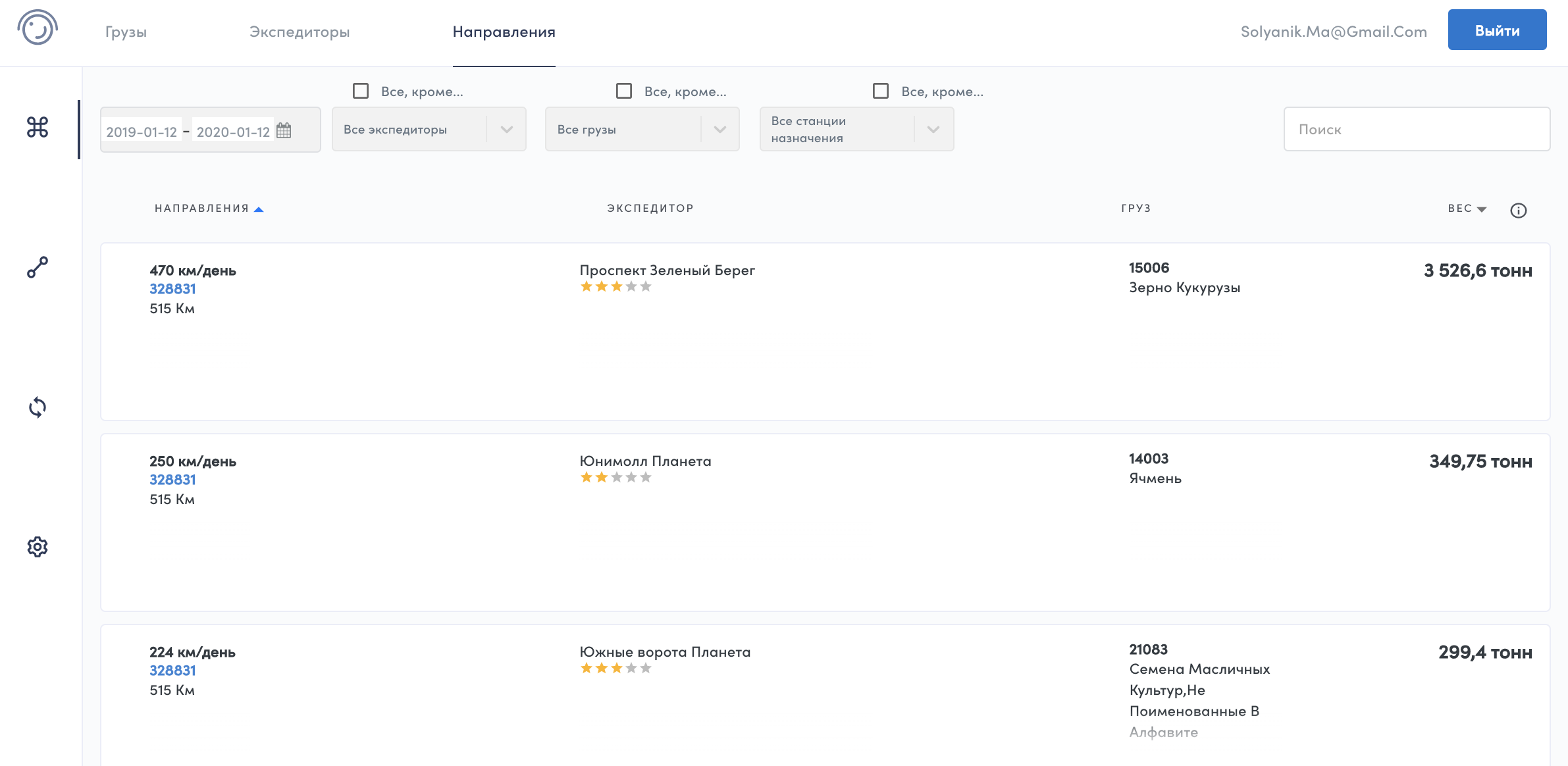
People still tend to move away from intermediary systems. Simplification of work always increases the speed of processes, and we will come to this anyway. I am sure that those who will be in front will definitely be able to preserve and transform themselves. Our railway company, using Lunar Light, is already building a competitive advantage for itself, because it owns the knowledge. She can predict.
If we compare the digital development of the logistics sector in Ukraine with other countries, how can you characterize the pace of automation in our country?
Undoubtedly, we are far behind. Our country, in general, is advanced in the IT sector, but how quickly will the industry develop? It seems to me – very slow. Because the industry is retrograde.
First of all, because the prestige of the profession has been “dropped” a long time ago. If earlier it was a status, now we have two professions: a seafarer, just because it is a foreign currency income, and IT. Because it is also a foreign currency. But no one will be proud that you are a forwarder in the port.
And the very concept of the profession of a freight forwarder is already becoming obsolete. Everything is moving towards automation – and the closer we are to it, the fewer such professions remain.
Second: where there is no business, there is no money. The railway sector is awful. At universities, professors show analytics systems from 40 years ago. No new education – no professionals. On the railway, wages are minimal, in the port, it seems to me, not much more.
Do you agree with the assumption that there is no future for companies in the Ukrainian shipping industry without digitalization?
Absolutely. This is a global trend, and it is absolutely understandable. We can romanticize for a long time the “sea dogs” who sit for 30-40 years in the port control room and bring value thanks to their experience. It is really very interesting to communicate with them, they are wonderful people. But this is not about business and not about money. There is no future for this. And if we do not digitalize, we will not be able to navigate in space and will lose speed.
Now the most important thing is to make decisions faster than anyone else, to react faster to events. Someone else did what you didn’t manage. And he earned, and you lost. This is what we are trying to convey not only to customers, but to the entire industry: automation is needed, speed is needed. This is what we stake on, and the only thing that will give us the opportunity to resist and get a chance for development.

